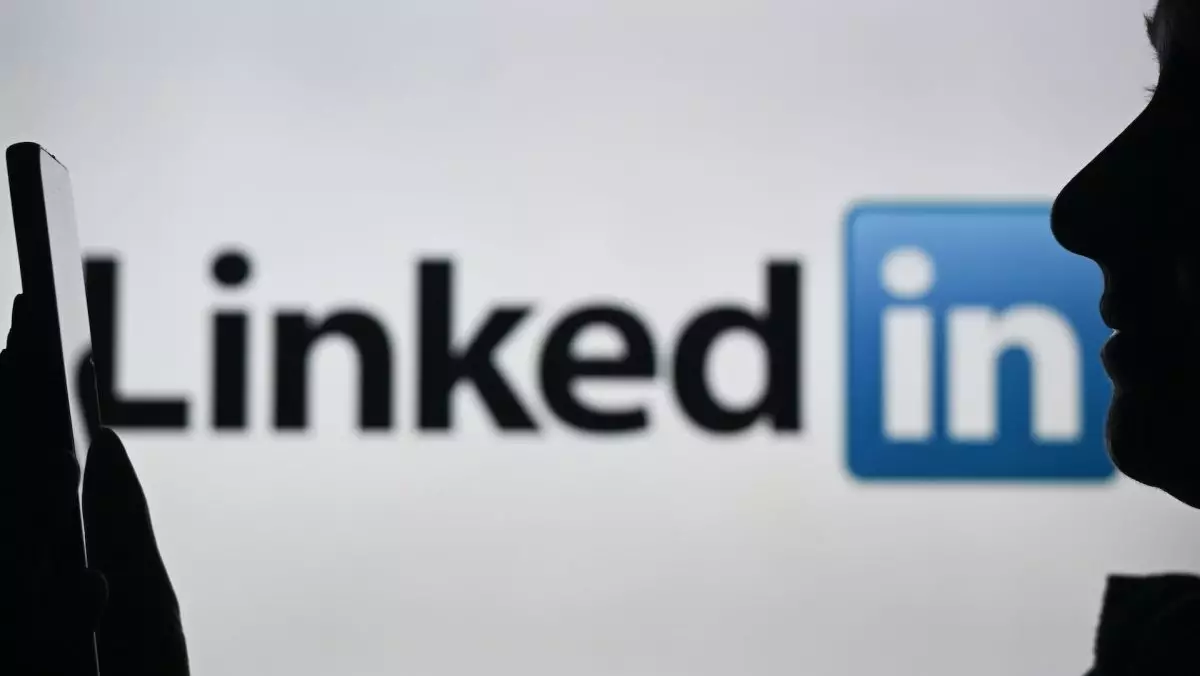In the age of artificial intelligence, social media platforms are increasingly leveraging user data to enhance their services. LinkedIn, a dominant professional networking platform, has recently come under scrutiny for its practices regarding user data utilization in training AI models. The implications of these practices extend beyond mere functionalities, raising critical questions about user consent, transparency, and the ethical responsibilities of tech companies toward their user base.
LinkedIn’s current approach allows users in the U.S. to opt out of having their data used for training generative AI models. However, users in the European Union (EU), the European Economic Area (EEA), and Switzerland do not have this option, likely due to the stringent data privacy regulations enforced in those regions, notably the General Data Protection Regulation (GDPR). The critical concern here lies in LinkedIn’s initial omission of updates to its privacy policy before implementing these changes. Such a lack of proactive communication undermines the very essence of user empowerment and informed consent. Users should be fully aware of how their data is being utilized and the implications associated with it. By delaying updates until after the initiation of data scraping, LinkedIn risks alienating users who value their privacy and autonomy.
LinkedIn’s claim that it utilizes a “privacy-enhancing technique” to redact personal information in its datasets is an attempt to assure users that their data is safeguarded. However, this assurance may not be sufficient for many users who feel they lack control over their own information. This approach could be viewed as a veneer of safety rather than a genuine effort to prioritize user privacy and consent.
Organizations like the Open Rights Group (ORG) are prompting regulatory bodies, such as the UK’s Information Commissioner’s Office (ICO), to investigate LinkedIn’s data practices. This call for action exemplifies a broader concern among advocacy groups regarding how social media companies are managing user data without explicit consent. ORG has voiced a compelling argument: the opt-out model, which requires users to actively disengage from data usage, is inadequate for truly protecting privacy rights. Mariana delli Santi, ORG’s legal and policy officer, argues for an opt-in consent model, which would require users to provide explicit permission before their data can be utilized. Such a framework would not only align with legal expectations but also foster a culture of respect and ethics within corporate data policies.
In contrast, LinkedIn’s recent updates regarding its global privacy policy appear reactive rather than proactive. The firm informed the Irish Data Protection Commission (DPC) about changes that now include an opt-out setting specifically for users who do not wish for their data to be part of AI training. Yet, the overarching concern remains: why was such a provision not available earlier? The EU’s robust data privacy standards underscore the importance of user consent, yet LinkedIn has maneuvered around these regulations for its non-EU users.
The growing dissatisfaction among users regarding their online privacy is leading to a wave of responses. When platforms like Stack Overflow announced data licensing changes without a clear opt-out mechanism, many users took action by deleting their accounts or posts, only to see their content restored without consent. This pushback illustrates a burgeoning awareness among users of their digital rights and the significance of consent.
Moreover, the increasing demand for data to train generative AI models has spurred companies to explore ways to monetize user-generated content. Corporations like Automattic, owners of Tumblr, have begun licensing data to AI developers, raising ethical concerns about the commodification of personal data. This trend underscores a critical need for regulatory clarity and robust user rights to ensure that individuals retain control over their contributions in the digital space.
The case of LinkedIn epitomizes a larger issue within the tech industry: the necessity for ethical accountability and transparent data practices. As companies continue to harness user data for various applications, they must also recognize their responsibility to protect user interests, fostering a better understanding of data utilization and consent. Ultimately, striking a balance between technological advancement and user rights is imperative for building trust and ensuring the ethical use of AI in our interconnected world. Only through a concerted effort to prioritize transparency, informed consent, and user autonomy can social media platforms like LinkedIn truly serve the needs and expectations of their users.

